Our Partners

Belize Tourism Board
The Belize Tourism Board (BTB) is the legislated body designed to govern, enhance and promote the Belize tourism product.

Belize Bureau of Standards
The Belize Bureau of Standards (BBS) is the national standards body responsible for promoting efficiency and competitive production in goods and services, with Quality Infrastructure (QI) serving as the foundation in achieving this objective.

Belize Customs & Excise
Customs Bolstering Recovery, Renewal And Resilience For A Sustainable Supply Chain.
Nurturing The Next Generation Promoting A Culture Of knowledge Sharing And Professional Pride in Customs
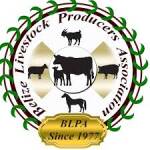
Belize Livestock Producers Association
Advocate for the best interest of the livestock industry stakeholders at national and regional levels; to provide farmers with improved access to new and high value markets; and to provide and disseminate new technologies and relevant information through a system of technical-led trainings, education initiatives and projects.
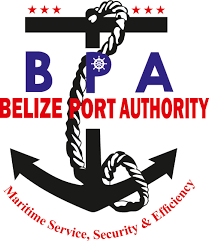
Belize Port Authority
The Belize Port Authority (BPA) is the principal Maritime Agency with responsibility to regulate and develop Belize’s Ports, Harbours & Shipping and is further responsible for the safety of all vessels navigating within the territorial waters of Belize.

Belize Wildlife & Referral Clinic
The Belize Wildlife and Referral Clinic provides veterinary care and rehabilitation for injured, neglected, and orphaned wildlife; a voice for the humane treatment of animals
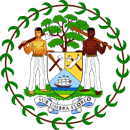
Ministry of Agriculture, Food Security and Enterprise
The Department of Agriculture’s aim is to provide an environment that is conducive to increase production and productivity, promoting investment, and encouraging private sector involvement in agribusiness enterprises in a manner that ensures competitiveness, quality production, trade and sustainability.

Ministry of Education, Culture, Science & Technology
The Ministry of Education, Culture, Science and Technology (MoECST) of Belize is charged with the responsibility of ensuring that all Belizeans are given an opportunity to acquire those knowledge, skills, and attitudes required for their own personal development and for full and active participation in the development of the nation.

Ministry of Economic Development
The vision of the Ministry of Economic Development is to be an integral partner in the economic and social development of Belize by providing efficient and timely advice on and coordinating development initiatives in order to improve the general well being of all Belizeans.

Ministry of Foreign Affairs and Foreign Trade
The Ministry is charged with implementing Belize’s foreign policy, directed toward consolidating our nation’s sovereignty, preserving our territorial integrity and protecting our national interests.

Ministry of Sustainable Development, Climate Change and Disaster Risk Management
The Ministry of Sustainable Development, Climate Change and Disaster Risk Management is in charge of implementing the 2030 Agenda in Belize.

Ministry of Health and Wellness
The Ministry of Health & Wellness aims to provide quality, affordable, comprehensive health services; within a resilient environment that promotes equal health and wellbeing for all.

Caribbean Agricultural Research and Development Institute
CARDI, or the Caribbean Agricultural Research and Development Institute, was founded in 1975 to enhance agricultural practices in the Caribbean. It focuses on sustainable agriculture through research, technology development, and capacity building. CARDI addresses challenges such as crop and livestock production, crop protection, soil and water management, and climate change adaptation.
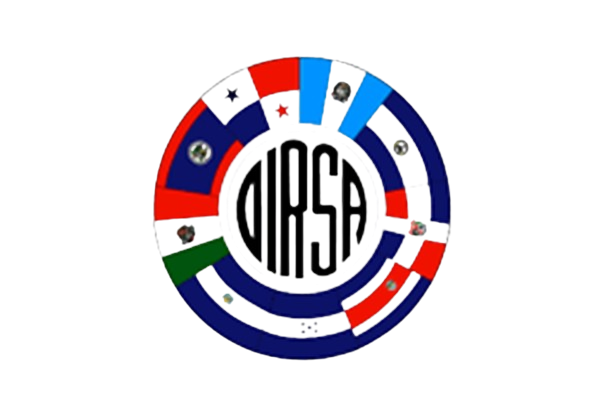
International Regional Organization for Agricultural Health
Established in 1953, the International Regional Organization for Agricultural Health (OIRSA) is dedicated to advancing animal health, plant health, quarantine services, and food safety. It offers technical and financial assistance to member states’ Ministries and Secretariats of Agriculture and Livestock, ensuring the protection and enhancement of their agricultural resources.

The Caribbean Plant Health Directors Forum
A collaboration of National Plant Health Services Regional and International Organizations, Government entities, Universities and Reference Laboratories with the common purpose of safeguarding the plant resources of the greater Caribbean Region (GCR) from the threat of quarantine pest; improving plant health through the control and management of existing pests; and expanding production and trade of agricultural commodities.

Inter-American Institute for Cooperation on Agriculture
The Inter-American Institute for Cooperation on Agriculture (IICA) is the specialized agency for agriculture of the Inter-American System that supports the efforts of Member States to achieve agricultural development and rural well-being.
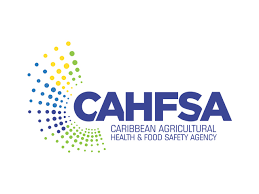
Caribbean Agricultural Health and Food Safety Agency
The Caribbean Agricultural Health and Food Safety Agency (CAHFSA) is a specialized institution focused on agricultural health and food safety in the Caribbean region..

Caribbean Animal Health Network
CaribVET works in close collaboration with national surveillance networks to promote international standards and regional harmonisation with respect to animal health and veterinary public health issues. CaribVET aims to improve animal and veterinary public health in all the countries and/or the territories of the Caribbean.
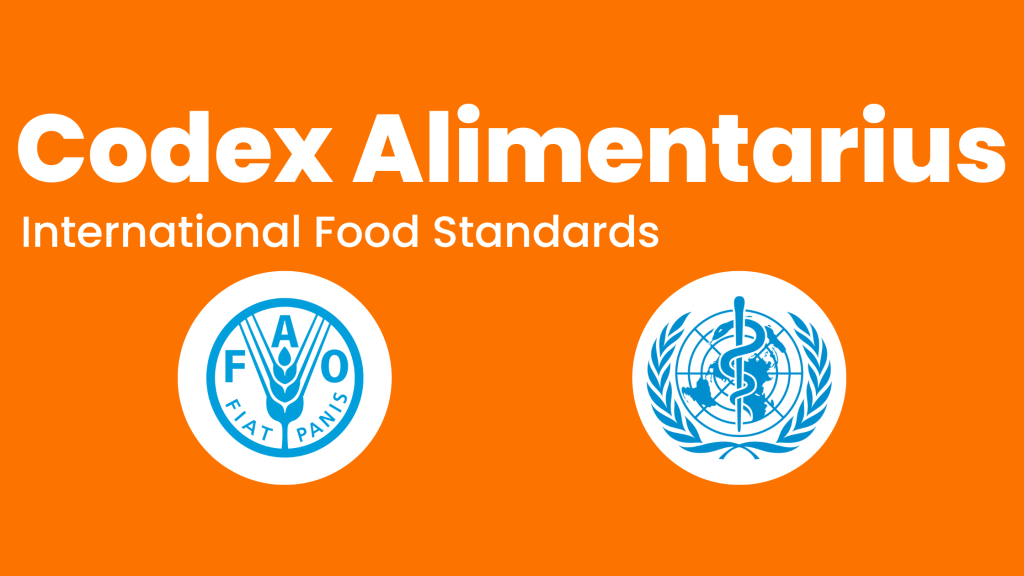
Codex Alimentarius
The Codex Alimentarius is a collection of internationally adopted food standards and related texts presented in a uniform manner. These food standards and related texts aim at protecting consumers’ health and ensuring fair practices in the food trade
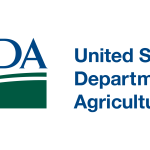
US Department of Agriculture
USDA provide leadership on food, agriculture, natural resources, rural development, nutrition, and related issues based on public policy, the best available science, and effective management.

Standards and Trade Development Facility
The Standards and Trade Development Facility (STDF) is a global partnership to facilitate safe trade, contributing to sustainable economic growth, poverty reduction and food security. It promotes improved food safety, animal and plant health capacity in developing countries.
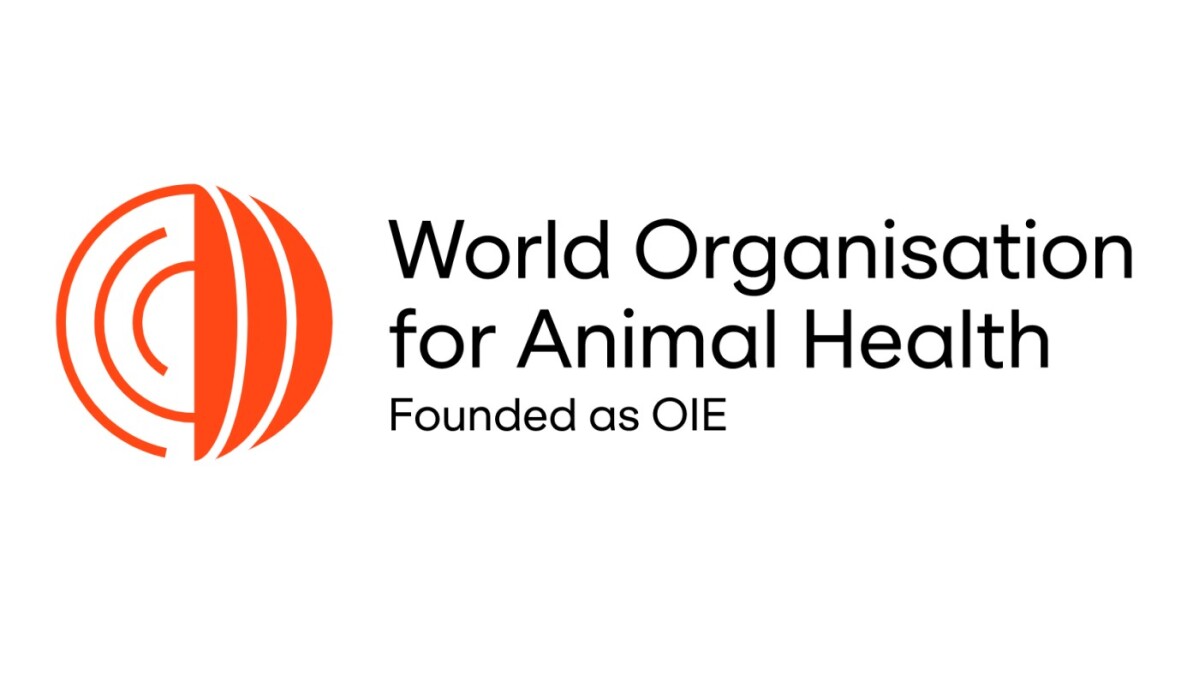
World Organisation for Animal Health
The World Organisation for Animal Health (WOAH) is the global authority on animal health. Founded in 1924 as the Office International des Epizooties (OIE), in May 2003, adopted the common name World Organisation for Animal Health. An intergovernmental organisation, WOAH focus on transparently disseminating information on animal diseases, improving animal health globally and thus build a safer, healthier and more sustainable world.
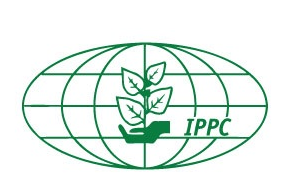
International Plant Protection Convention
The International Plant Protection Convention (IPPC) is an intergovernmental treaty established in 1951 to protect the world’s plants, agricultural products and natural resources from plant pests. The IPPC is ratified by 185 contracting parties that collaborate to develop, adopt and promote the application of International Standards for Phytosanitary Measures (ISPMs) as a main tool to safeguard global food security, facilitate safe trade and protect the environment.
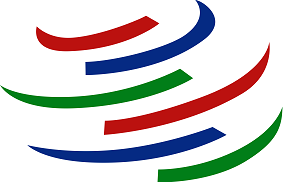
World Trade Organization
The World Trade Organization (WTO) is the only global international organization dealing with the rules of trade between nations. At its heart are the WTO agreements, negotiated and signed by the bulk of the world’s trading nations and ratified in their parliaments. The goal is to ensure that trade flows as smoothly, predictably and freely as possible.

International Atomic Energy Agency
The International Atomic Energy Agency is the world’s central intergovernmental forum for scientific and technical cooperation in the nuclear field. It works for the safe, secure and peaceful uses of nuclear science and technology, contributing to international peace and security and the United Nations’ Sustainable Development Goals.

Food and Agriculture Organization
The Food and Agriculture Organization (FAO) is a specialized agency of the United Nations that leads international efforts to defeat hunger.
Our goal is to achieve food security for all and make sure that people have regular access to enough high-quality food to lead active, healthy lives.
